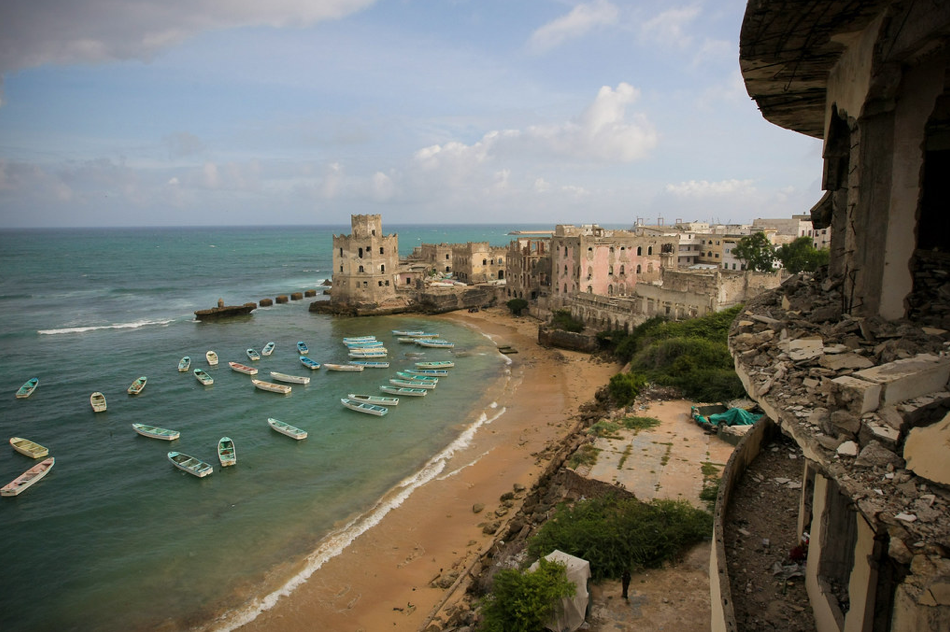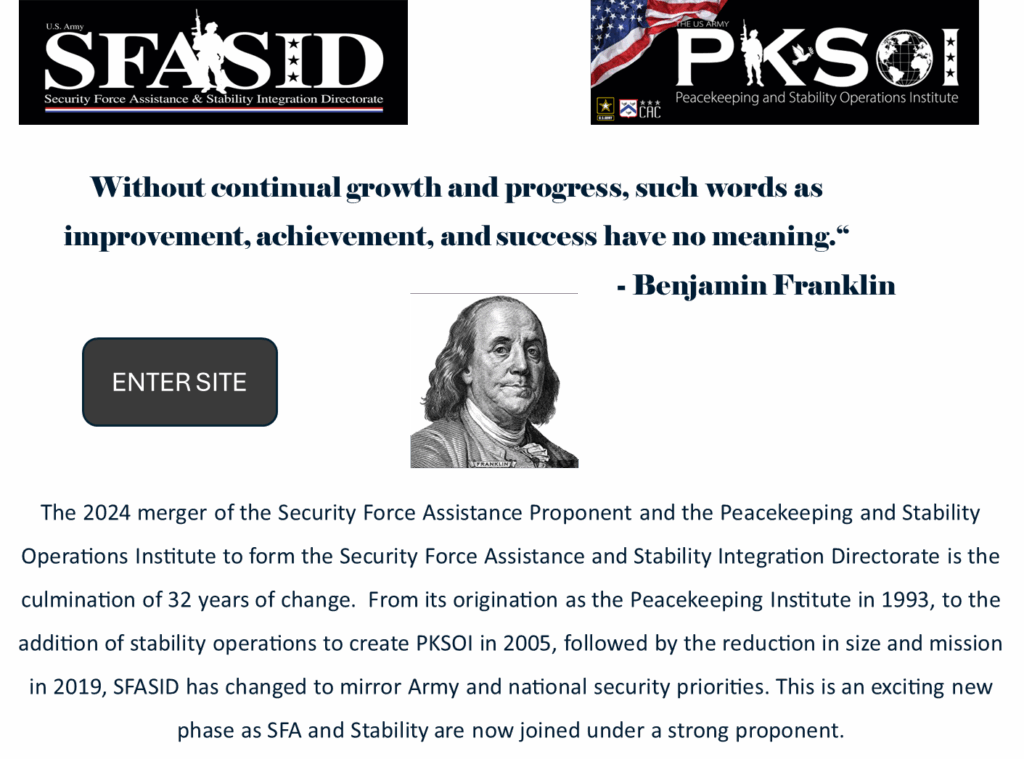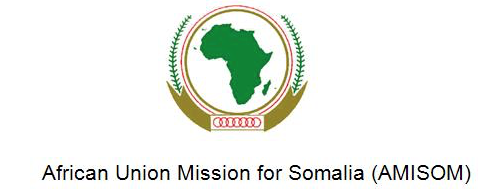Somalia Country Profile – Information

AU-UN IST PHOTO / STUART PRICE
From BBC.News (link accessed on 02 September 2020)[i]
Somalia’s disintegration is reflected in its fragmented and partisan media. The media operate in a hostile environment. Somalia is one of the most dangerous countries for journalists, says Freedom House. The Committee to Protect Journalists includes Somalia in its list of countries where the murders of journalists go unpunished. It says the militant group Al-Shabab is suspected in the majority of media murders. Journalists and media outlets complain about intimidation at the hands of state security agencies. Nevertheless, professionally-run media outlets have emerged – in particular, FM radios with no explicit factional links. The TV and press sectors are weak and radio is the dominant medium. There are around 20 radio stations, but no national, domestic broadcaster. Many listeners tune to Somali-language media based abroad, in particular, the BBC Somali service. Somali satellite channels are a significant part of the TV scene. Most of these are based in the UK. Somalis abroad are active online but domestic web access is held back by poor infrastructure. There were 1.2 million internet users by the end of 2017 (InternetWorldStats.com) – around 8% of the population. Twitter and Facebook are popular online resources. Islamists use social media for self-promotion while their opponents mount strong rebuttals. In secessionist Somaliland and Puntland, the authorities maintain a tight hold on broadcasting.
The international Non-Governmental Organization (NGO) Reporters without Borders, ranked Somalia as 164thin the world in the category of “freedom of information” in its annual report:
“Somalia continues to be one of the most dangerous countries in Africa for media personnel, with three more journalists killed in 2019, bringing the total killed in the past ten years to 50. Political violence and corruption undermine the freedom to inform in Somalia. The pressure on journalists can come from many quarters, especially as much of the country is controlled by non-state entities or by autonomous regional governments that either do not or only barely recognize the central government’s authority.
Journalists who refuse to censor themselves are liable to be the targets of bombings or shootings by Al-Shabaab militants – the leading killers of media personnel – or are exposed to arbitrary detention (of which 2019 saw more than 20 cases), to torture or to the closure of their media by the authorities. The governments in the autonomous regions of Somaliland and Puntland are particularly authoritarian and put a great deal of pressure on the local media. Journalists are often brought before military courts or before courts that apply laws dating back to the military dictatorship.
The media bill adopted by parliament in a completely opaque manner at the end of 2019 contains many draconian provisions and gives the information minister the extraordinary power to control all news production. If the president signs it into law, it will undermine the encouraging efforts seen recently. Although journalists have until now been subjected to abuses almost systematically and with almost total impunity, the authorities had given some positive signals. A policeman who fatally shot a cameraman in Mogadishu in July 2018 was sentenced in absentia to five years in prison, even if he has not yet been arrested. Two soldiers were discharged from the army for tying up two journalists and leaving them in the sun. This was unprecedented in Somalia.” (https://rsf.org/en/somalia, accessed on September 17, 2020)
Information sources in Somalia:
- Dayniile – news website, articles in English
- Jowhar – news website, articles in English
- Mareeg – news website, articles in English
- Hiiraan Online – news website, articles in English
- Puntland Post – news website
- Somaliland Sun – news website
- Somali National Television – state-run, from Mogadishu
- Universal TV – London-based satellite station
- Somaliland National TV (SLNTV) – owned by Somaliland government
- Somali Broadcasting Corporation (SBC) – private, Puntland
- Radio Mogadishu – operated by transitional government, coverage limited to Mogadishu
- Radio Shabelle – leading private network; Mogadishu, Marka
- Radio Banaadir – private, Mogadishu
- Radio Simba – private, Mogadishu
- Radio Kulmiye – private, Mogadishu
- Radio Andalus – franchise operated by Al-Shabab Islamist militants
- Radio Hargeisa – owned by Somaliland government
- Radio Gaalkacyo – affiliated to Puntland authorities
[i] The British Broadcasting Corporation (BBC) is a British public service broadcaster.
These products are the results of academic research and intended for general information and awareness only. They include the best information publicly available at the time of publication. Routine efforts are made to update the materials; however, readers are encouraged to check the specific mission site at https://amisom-au.org.
Index
Executive Summary / Current Political and Security Dynamics / Recent Situation Updates
Central African Republic Country Profile
Government/Politics / Geography / Military&Security / Economy / Social / Information / Infrastructure
African Union Mission in Somalia (AMISOM)
Senior Leaders of the Mission / Mandate / Strength / Deployment of Forces / Casualties / Mission’s Political Activities / Background / Timeline




